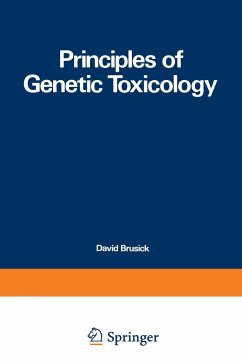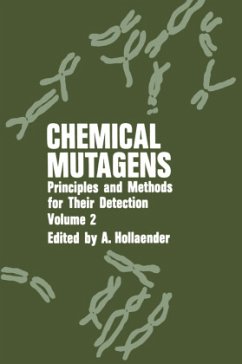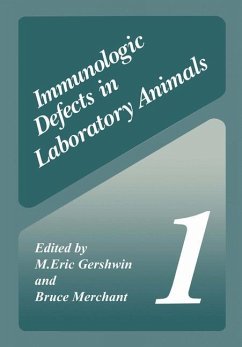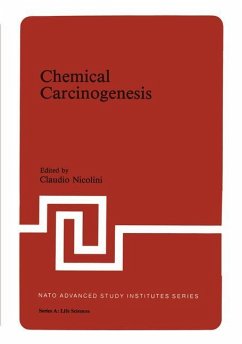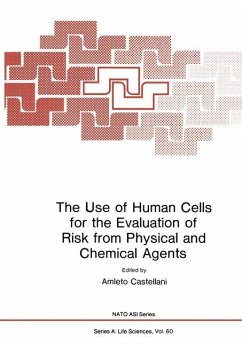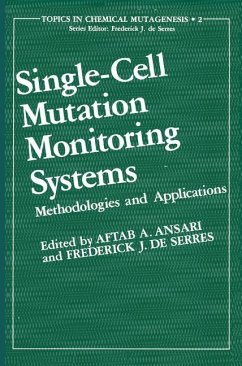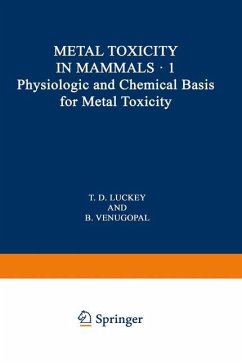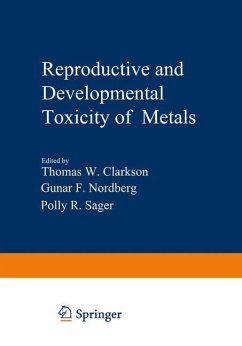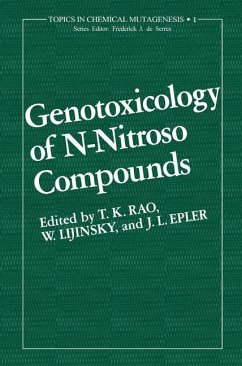
Organ and Species Specificity in Chemical Carcinogenesis

PAYBACK Punkte
20 °P sammeln!
The Symposium on Organ and Species Specificity in Chemical Carcinogenesis was held March 1981 in Raleigh, North Carolina. Dr. James Miller concluded this Symposium with these remarks: "Without a doubt all of us would agree this has been a very successful symposium in illustrating a very wide range of chemical, stereochemical, biochemical, metabolic, molecular, and biological factors in chemical carcinogenesis. I think it is noteworthy that many of the discussions have dealt with pharmacodynamic, or toxicodynamic, factors that can influence the biological activities of the extremely wide range ...
The Symposium on Organ and Species Specificity in Chemical Carcinogenesis was held March 1981 in Raleigh, North Carolina. Dr. James Miller concluded this Symposium with these remarks: "Without a doubt all of us would agree this has been a very successful symposium in illustrating a very wide range of chemical, stereochemical, biochemical, metabolic, molecular, and biological factors in chemical carcinogenesis. I think it is noteworthy that many of the discussions have dealt with pharmacodynamic, or toxicodynamic, factors that can influence the biological activities of the extremely wide range of structures that we choose to call chemical carcinogens. I sincerely hope that after this symposium everyone here will realize the very great need we have for further information on these agents in the species we profess to be working for, the human species. We badly need an adequate data base on human organs, human tissues, human cells, human subcellular preparations, and human body fluids. I don't think we can rely on extrapolations of data on chemical carcinogenesis from experimental animals to humans, no matter how sophisticated or plausible these extrapolations may seem, until we know far more about chemical carcinogenesis in humans. Now, I'd like to add a somewhat personal note. As many of you know, my wife and I have shared a joint career of some 40 years in this field, and I'd like to emphasize in these closing remarks the factor of youth.



